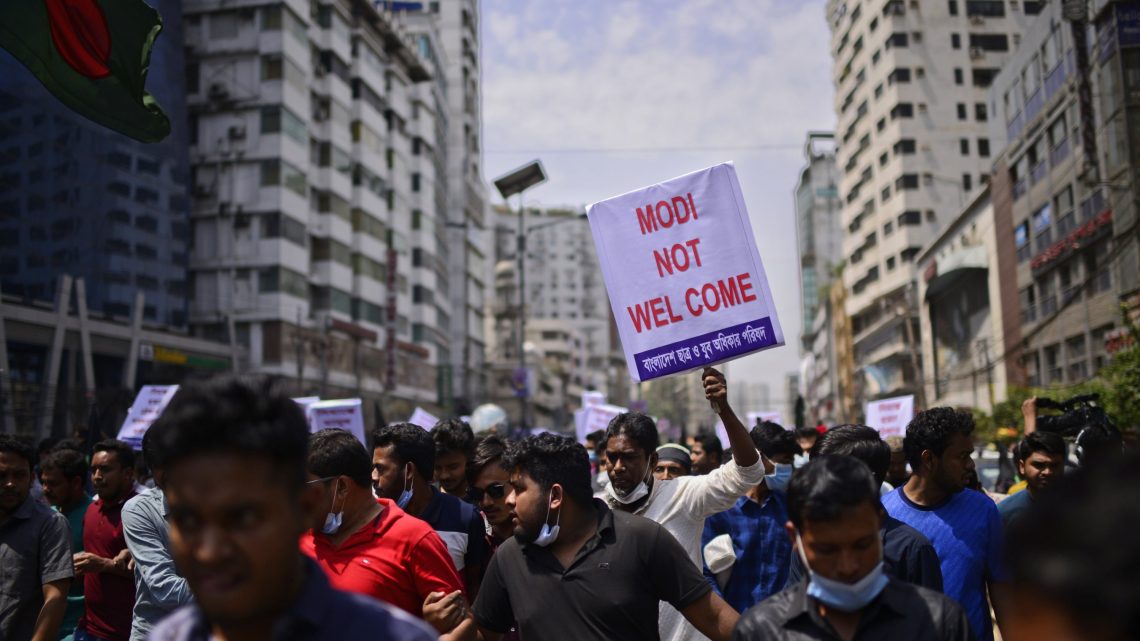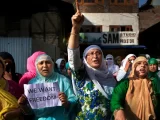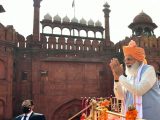
The ‘India Out’ Movement in Bangladesh: An Evidence of India’s Foreign Involvement
January 23, 2024In the tumultuous birth of Bangladesh in 1971, anti-Pakistan sentiments were manipulated by India, giving rise to a new nation. However, this birth was marked by the exploitation of emotions, as India worked against the concept of an Islamic state, emphasizing Bengali language and culture, leading to an identity crisis. The wounds of this manipulation persist, fostering discontent among the populace.
Fast forward to the present, Bangladesh stands at a crossroads once again. The opposition, fueled by a narrative of autonomy, vehemently denounces India’s interference in domestic affairs. As the ruling party tightens its grip through alleged dictatorship and electoral rigging, accusations of colluding with India to undermine democracy intensify, fueling public anger.
The Bangladeshi government’s pro-India stance clashes with the natural inclination of the people towards Islamic culture. Allegations of mistreatment of Muslims, even lynching, by Hindu mobs in India, raise questions about the government’s alignment with a country that doesn’t seem to share religious fraternity. On the other hand, The United States, advocating for free and fair elections, finds its calls for fairness ignored.
The Bangladesh Nationalist Party (BNP), founded in response to identity crises, emerges as a leading force against perceived Indian interference. Accusations soar, claiming India has never been a true friend to Bangladesh, manipulating its political landscape. The BNP condemns India for attempting to control Bangladesh’s destiny and calls for an ‘India Out’ movement. Slogans like “India is not a friend of Bangladesh” echo on social media, stoking anti-India sentiment.
At the forefront of this movement is Tarique Rahman, allegedly operating from London, orchestrating anti-India movements inspired by those seen in other regions. The cyber wing of the BNP calls for the boycott of Indian products, intensifying the campaign.
Viewed in the context of history, the ‘India Out’ movement reflects deep-seated animosities. The opposition, accused of treason, stands firm, asserting Bangladesh’s sovereignty and urging global recognition of its struggle against external manipulation rooted in historical sentiments and the quest for self-determination.
Tariq ur Rehman, blamed for anti-state activities, becomes a symbol of resistance against foreign interference. The opposition’s call is unequivocal – India should cease meddling in the internal affairs of its smaller neighbors, whether it be Bangladesh or the Maldives. The movement, labeled by some as a manifestation of anti-India sentiment, is, for the opposition, a necessary battle for the autonomy and identity of Bangladesh, rooted in its historical struggle for self-determination.

